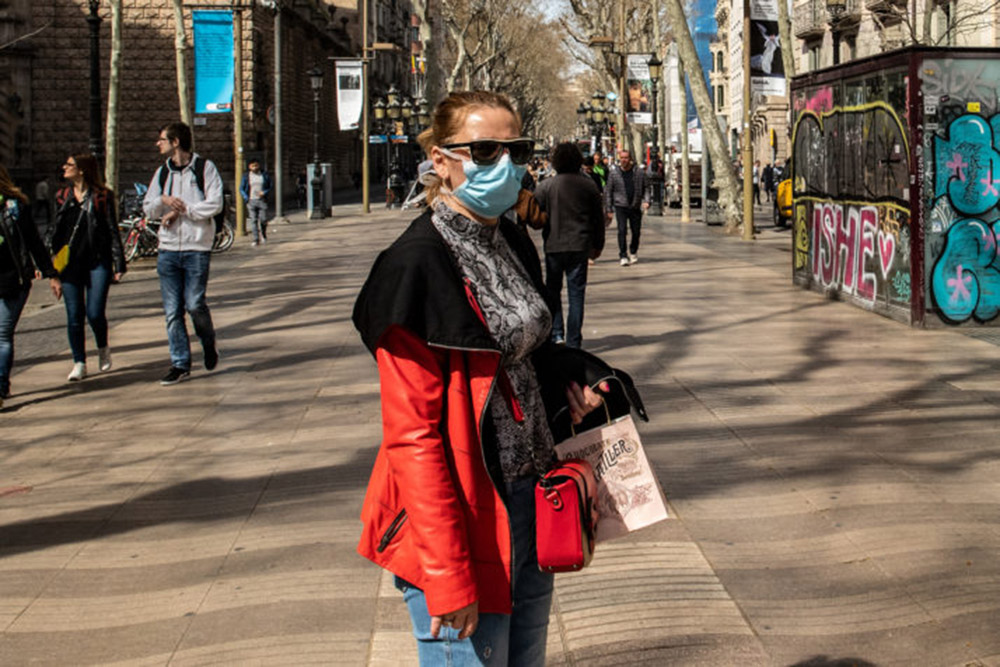Communities throughout Spain recovered their powers on Sunday after 98 days of the state of alarm and intermittent confinement because of the coronavirus, which, according to government figures saw 28,322 deaths and 245,938 infections across the country.
The fight against the pandemic continues, but will now be carried out region by region, a different scenario to that originally intended, but one that is better felt will recover economic activity and continue to ease the restrictions that have marked our daily lives.
Common rules will see the continuation of face coverings, safety distances and strict hygiene measures to prevent infection, but travel, meetings and other activities are now much more more flexible.
From now on, the autonomous communities will decide the seats number of seats that can be occupied in establishments and will regulate the control measures necessary for nightlife activities, among other areas.
There is now no restriction on the mobility of vehicles, but the General Directorate of Traffic (DGT), although it does not foresee major concentrations of traffic, it does warn of the “temptation” to step on the accelerator and of “compulsive driving” following this period of restricted travel.
Central government, for its part, does not hide the fact that there is concern about the risk of regrowth, perhaps a second wave of the virus, and has decided to strengthen the National Health System (SNS) with more financial resources.
Prime Minister, Pedro Sanchez has underlined the appeals of medical professionals from across the country not let your guard down during this new period because “the virus can come back and can start a second wave, which must be avoided at all costs”.
The end of the state of alarm means that all the autonomous communities have recovered their powers, which until Sunday were in the charge of the Minister of Health, Salvador Illa. Therefore, each one will produce its own guide of norms as we move through this new phase in which the uncertainty and fear of regrowth, due to the absence of a vaccine against covid-19, are still maintained.
Valencian Community: The community will maintain most of the measures of phase 3 of the de-escalation, such as the obligation to limit capacity to 75% or even 60% in the case of shopping centres. Open air shows may not host more than 800 people and vigils will have a limit of 50 people in open spaces and 25 in closed places.
Murcia: The region will allow hotels to operate with all its rooms open, although in common areas the capacity will be limited to 75%. Weddings may have 500 attendees outdoors (200 indoors and up to 800 with specific permission) and funerals with 50 people (30 indoors).
A very useful PDF version of the new regulations has been prepared by AVCRL Asociación de vecinos Cabo Roig y Lomas and can be viewed at this link: https://bit.ly/37Sa72C





